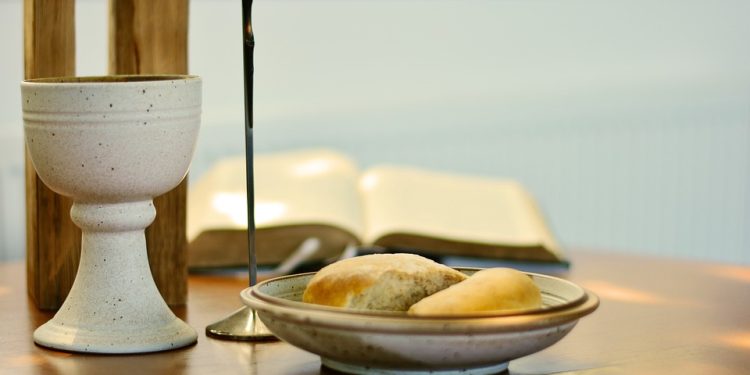The body of Christ, also known as the church, is made up of a diverse group of individuals who come from all walks of life, cultures, and backgrounds. This diversity is not only to be celebrated, but it is also an essential aspect of the body of Christ. In the book of Romans, the apostle Paul writes, “For just as each of us has one body with many members, and these members do not all have the same function, so in Christ we, though many, form one body, and each member belongs to all the others.” (Romans 12:4-5)
This passage highlights the importance of recognizing the unique contributions that each member of the body of Christ brings. Just as a body cannot function properly if one part is missing or not working effectively, so too the church cannot fully manifest the love and grace of Christ if it does not embrace the diversity within its midst.
Throughout the Bible, we see examples of how diversity within the body of Christ is not only accepted but celebrated. In Acts 2, we read about the day of Pentecost when the Holy Spirit came upon the disciples and enabled them to speak in different languages. This miraculous event allowed people from various nations to hear the gospel in their own language, showing that God’s message is for all people, regardless of their background.
In Galatians 3:28, Paul writes, “There is neither Jew nor Greek, there is neither slave nor free, there is no male and female, for you are all one in Christ Jesus.” This verse emphasizes that in Christ, our differences are not to divide us but rather to unite us in our shared faith and love for God.
As followers of Christ, we are called to embrace and celebrate the diversity within the body of Christ. We are called to love and care for one another, regardless of our differences, and to be willing to learn from and be enriched by the unique perspectives that each member brings.
One practical way to celebrate diversity within the body of Christ is to intentionally seek out and engage with those who are different from us. This may involve attending events or worship services that are hosted by a different cultural or ethnic group, participating in discussions or Bible studies that focus on issues of diversity and inclusivity, or simply taking the time to listen to and learn from the experiences of others.
Ultimately, as members of the body of Christ, we are called to reflect the love and unity of God in all that we do. By celebrating the diversity within the body of Christ, we not only honor the unique gifts and talents that each member brings, but we also bear witness to the inclusivity and love of God that transcends all boundaries.









Discussion about this post